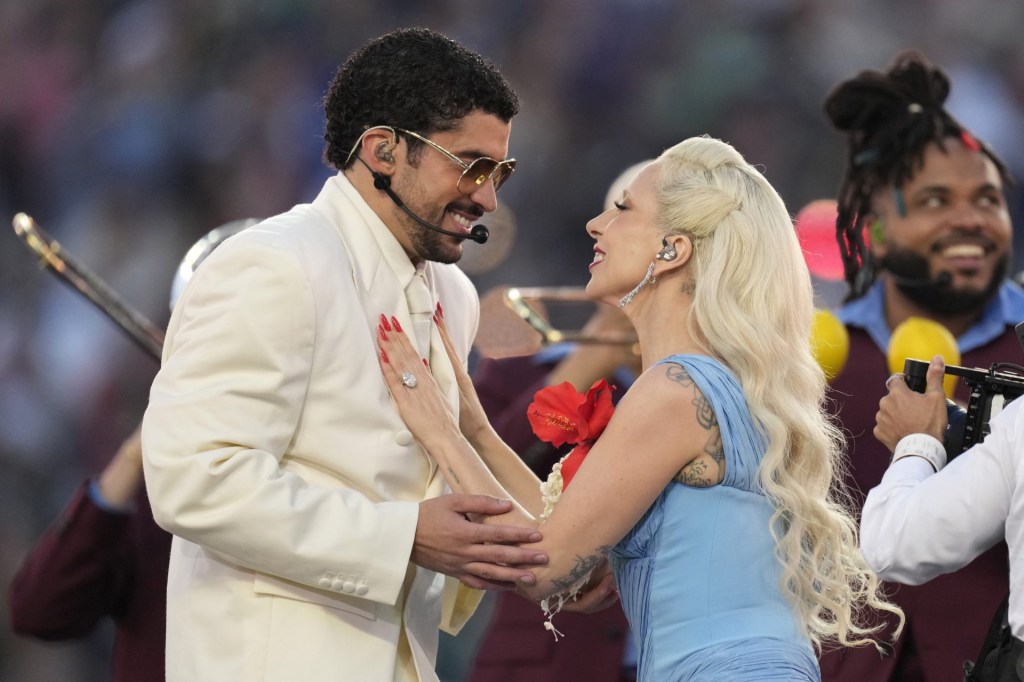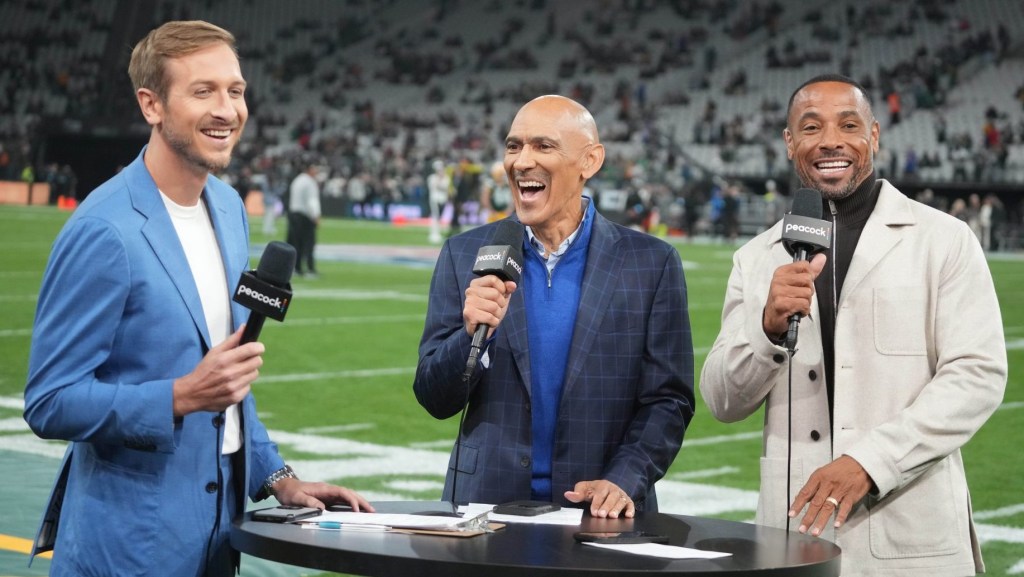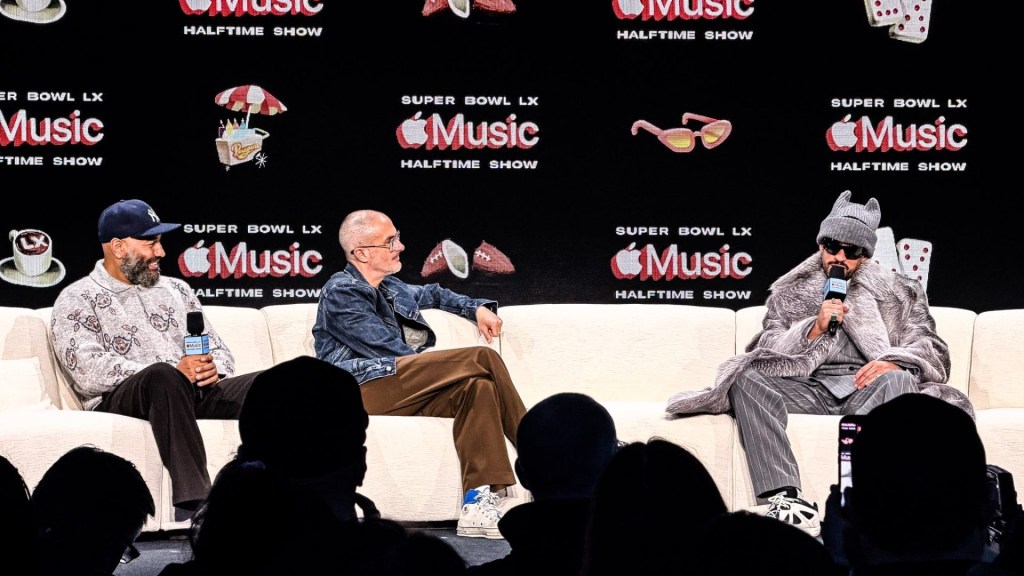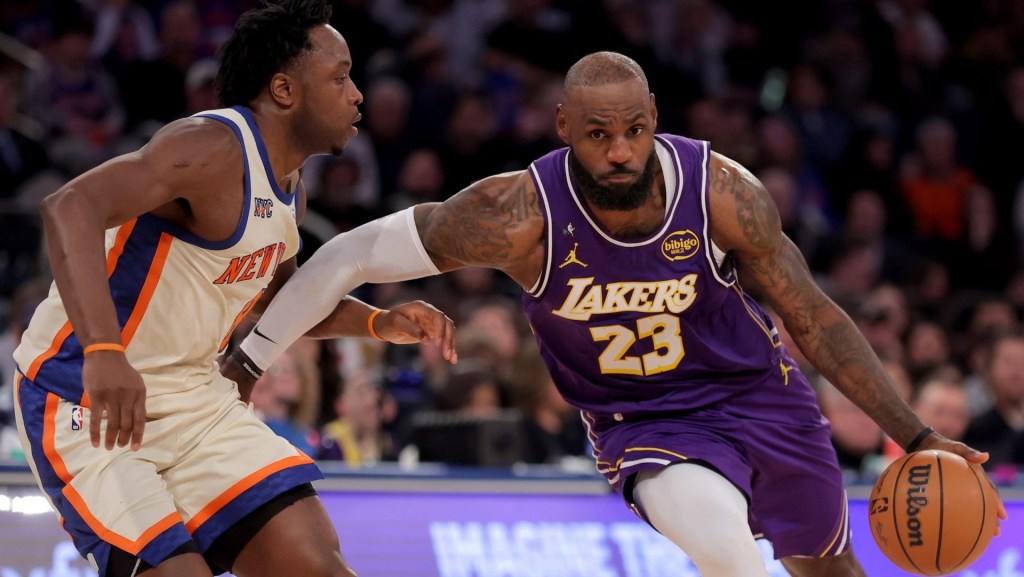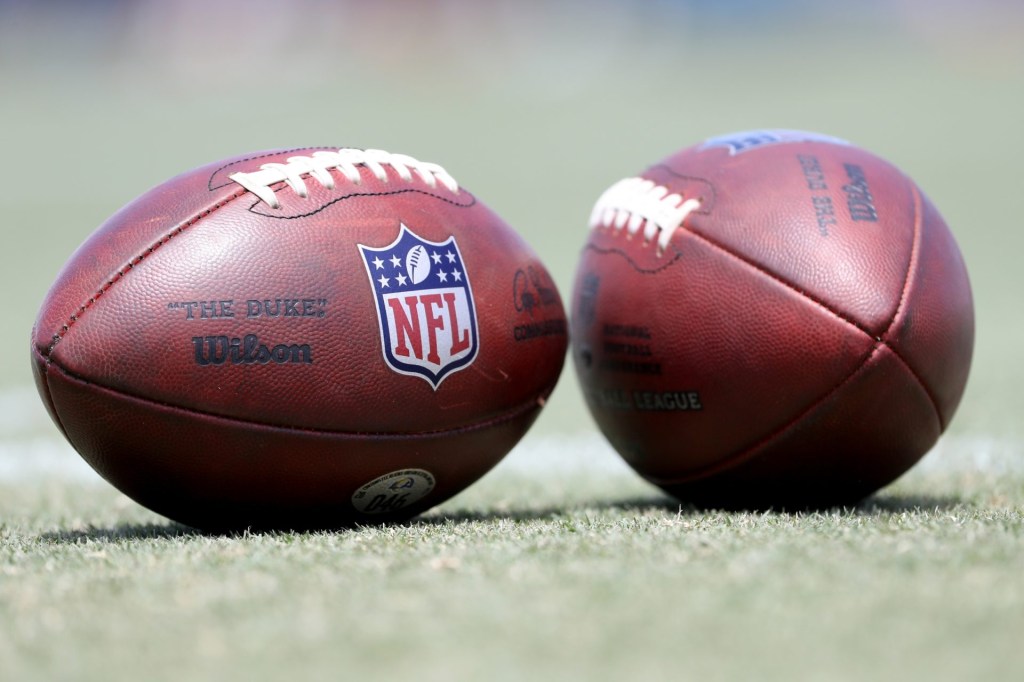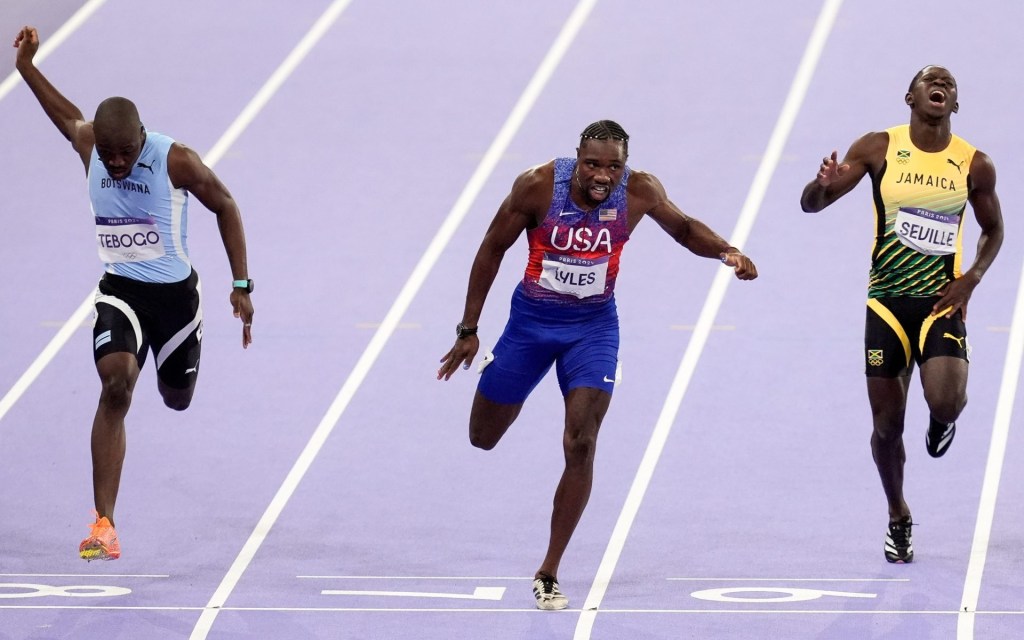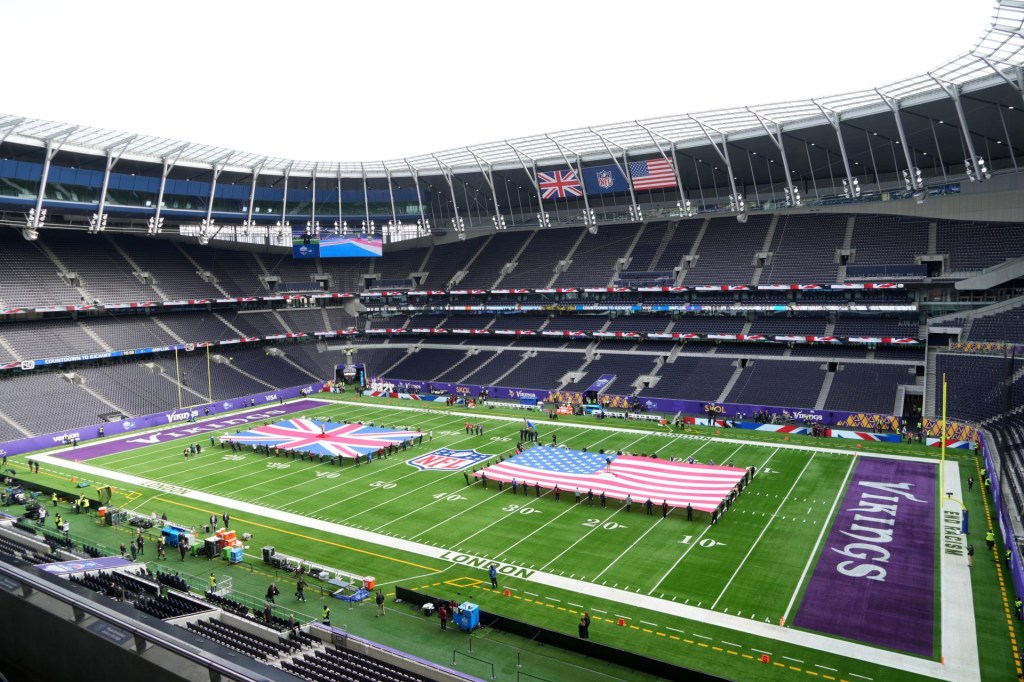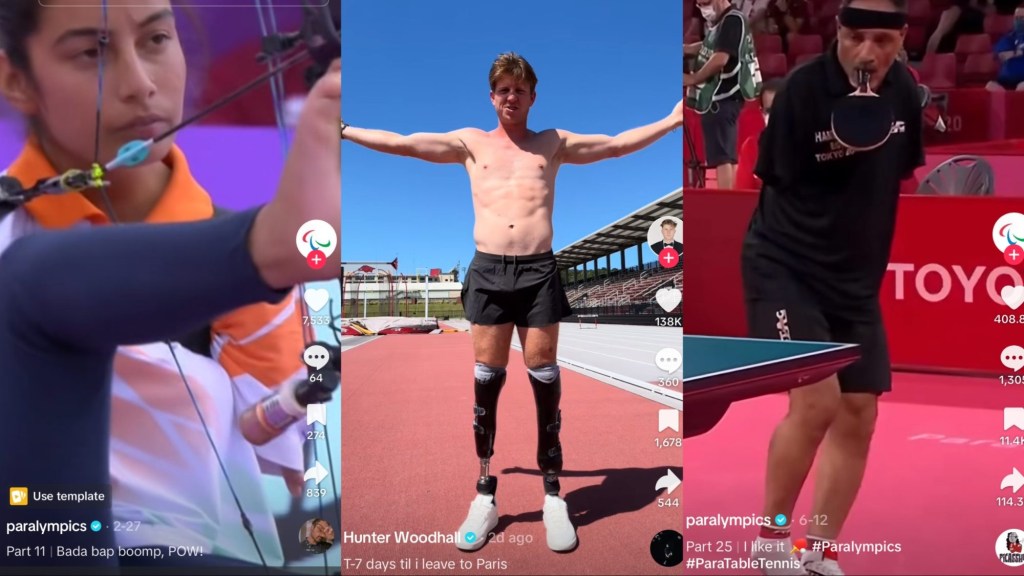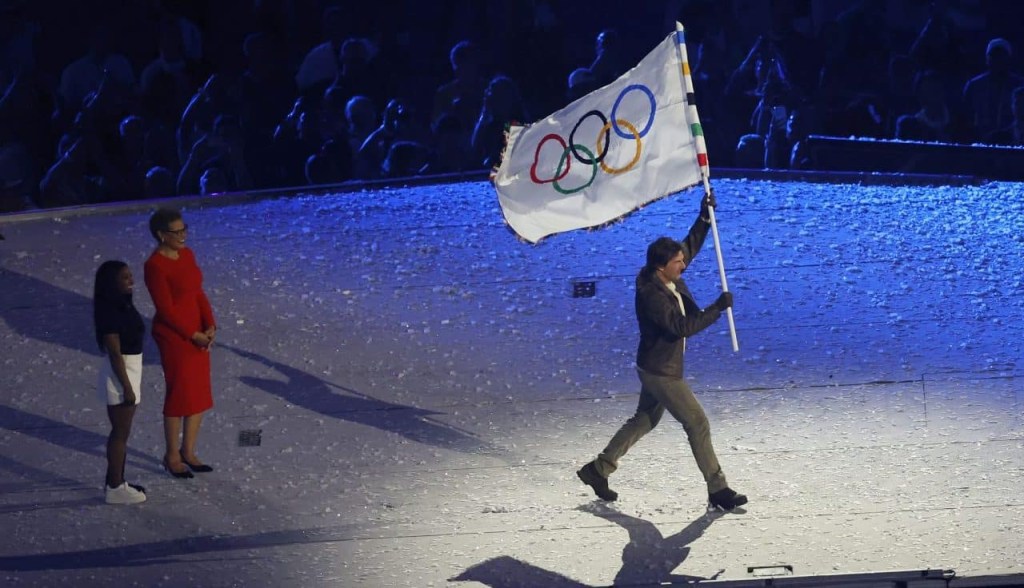The Tokyo Olympics was a win for the U.S., which brought home the most gold medals and overall hardware during the 17-day competition. NBC, however, was not on the podium.
The network saw its lowest ratings ever for the Summer Games since acquiring broadcasting rights in 1988, bringing in an average of 15.5 million prime-time viewers — a 42% decrease from the 26.7 million viewers during the 2016 Rio Games, and an even bigger fall from the 31.1 million who watched the 2012 London Games.
NBC Sports chairman Pete Bevacqua attributes the drop in viewership to the one-year delay and the pandemic but says NBC was prepared for the impact COVID-19 might have on the Games. The company was still able to stream nearly 6 billion minutes of programming across viewers.
NBCUniversal brought in $1.2 billion in ad revenue for the games, but the company had to mend relationships with advertisers when viewership numbers began to drop.
- The network reportedly held discussions with advertisers to offer additional commercial time, discounts on Super Bowl ads, or ad time during the Beijing Winter Games — NBC has broadcasting rights for both.
- Bevacqua says more than 99% of advertisers have been able to renegotiate, with one or two still in discussions.
After extending its broadcasting rights for $7.75 billion in 2014, NBC has rights for the Olympics through 2032.

